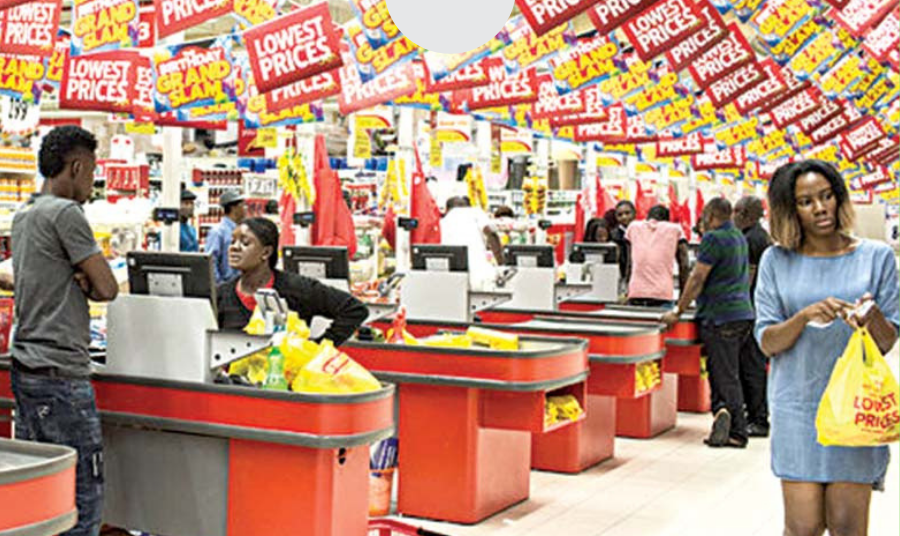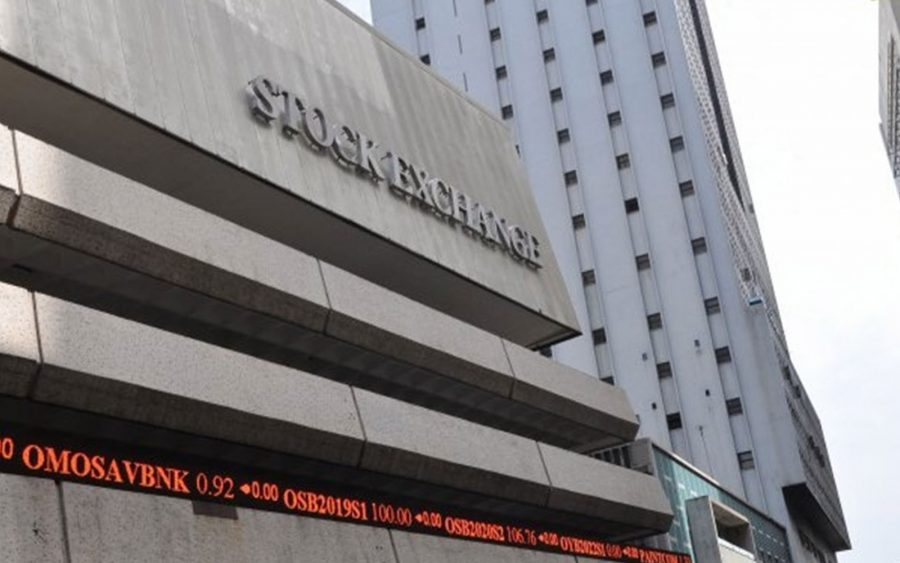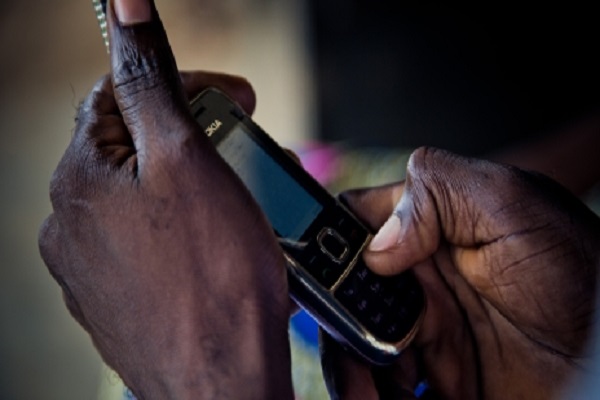Reuters| Nigeria’s currency suffered its biggest monthly fall in over five years this February, dealers said, citing concerns over political uncertainty and the central bank’s ability to manage a currency hammered by weak oil prices.
The naira shed 8.3 percent to the dollar in February, dealers said, worse than a 6.9 percent fall in November after central bank devalued the currency by 8 percent in order to save its foreign reserves.
However, reserves have fallen steadily and were down 8.6 percent by February 26 from a month ago, to stand at $31.46 billion after central bank stepped up support for the currency.
The naira closed at 202 on the interbank market on Friday, a level it broadly traded at this week, dealers said.
A sale was carried out on Friday just before the interbank market closed, at 198 naira for $82.9 million, Thomson Reuters data showed. Dealers attributed the trade to a dollar sale by the central bank.
At its weakest, the naira was quoted at a record low of 206.60 to the dollar earlier this month, a decline of 20 percent since the start of November.
The naira crashed through a psychologically important level of 200 to the dollar this month in a rout triggered by weak oil prices and escalating tension over the postponement of a presidential election in Africa’s top oil producer, prompting the central bank to scrap its bi-weekly forex auctions.





![[The Nigerian Economy Daily] FG has approved the closure of five foreign missions and embassies](https://nairametrics.com/wp-content/uploads/2017/05/nigerian-economy-today-1.jpg)







